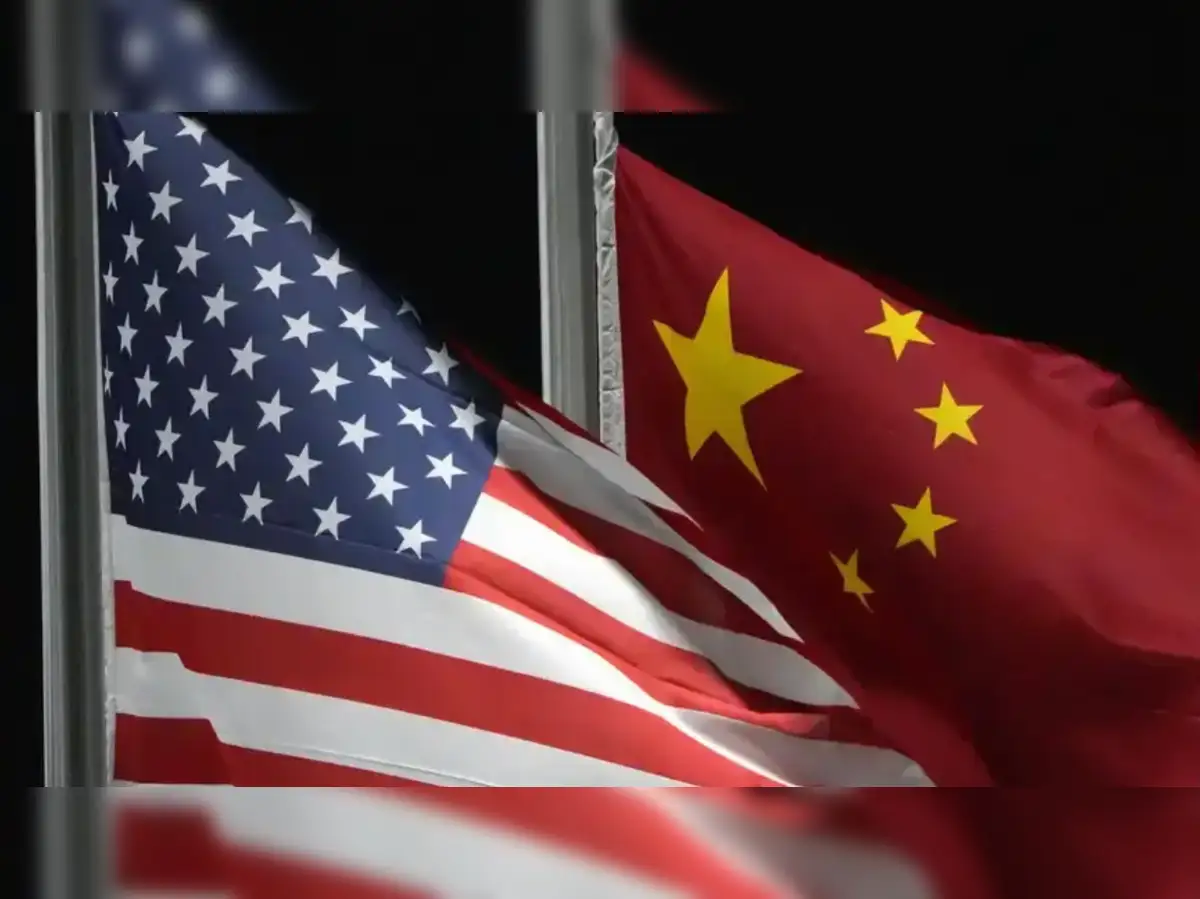
July 22, 2025
In a surprising turn of events, the Trump administration has decided to ease restrictions on the sale of advanced artificial intelligence chips to China. This move, seen as a gesture to improve trade relations with Beijing, allows US-based Nvidia to sell its H20 chip to Chinese markets. The decision marks a reversal from previous bans imposed by Trump and signifies a strategic shift in the administration's approach to handling trade issues with China. The move is believed to be motivated by a desire to foster American technology leadership and create a more positive atmosphere in US-China trade talks. The decision to permit the sale of the H20 chip is seen as a step towards de-escalating tensions between the two economic powerhouses, following a period of contentious trade disputes that resulted in significant economic repercussions for both countries. The decision to relax controls on AI chips comes amidst a broader recalibration of the US administration's stance on China, as officials seek to strike a balance between economic interests and national security concerns. The move has drawn mixed reactions, with some viewing it as a pragmatic step towards rebuilding trade relations, while others express concerns about potential risks and concessions to China. As the US and China navigate complex trade dynamics, the decision regarding AI chip sales could have far-reaching implications for future bilateral relations and global tech competition.
Tags: China, Us, Ai chips, Trade war, Nvidia, Trump administration,
Comments